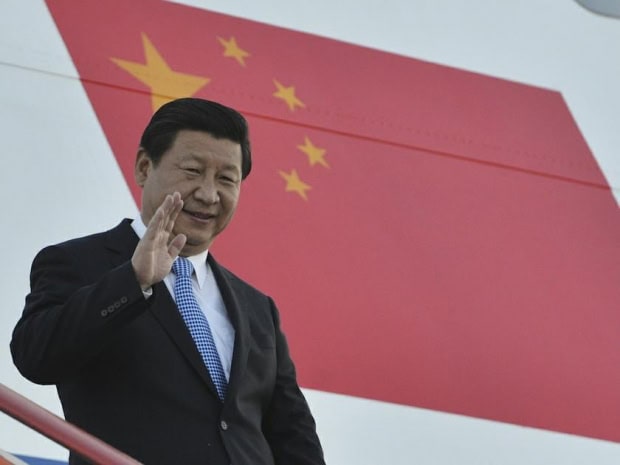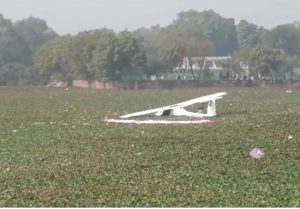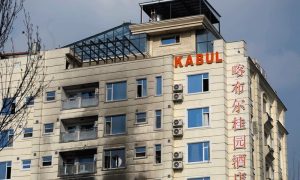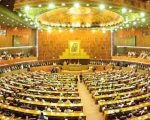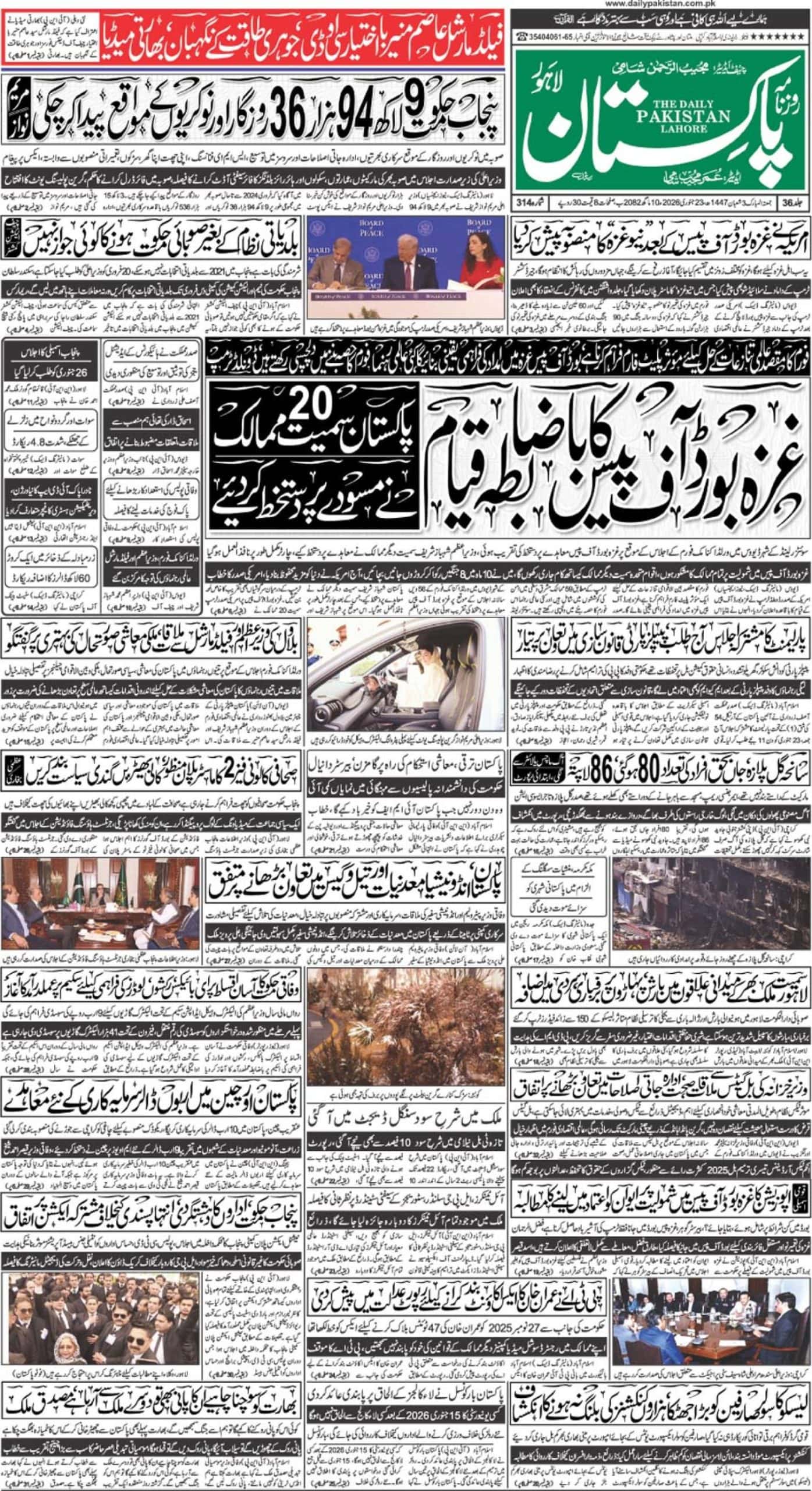BEIJING (Web Desk) – Chinese President Xi Jinping will visit Saudi Arabia, Egypt and Iran next week, Beijing’s foreign ministry said, as the world’s second-largest economy seeks greater diplomatic heft in a crucial and tense region.
President Xi would visit the three Middle Eastern countries over five days from Tuesday, according to his spokesman.
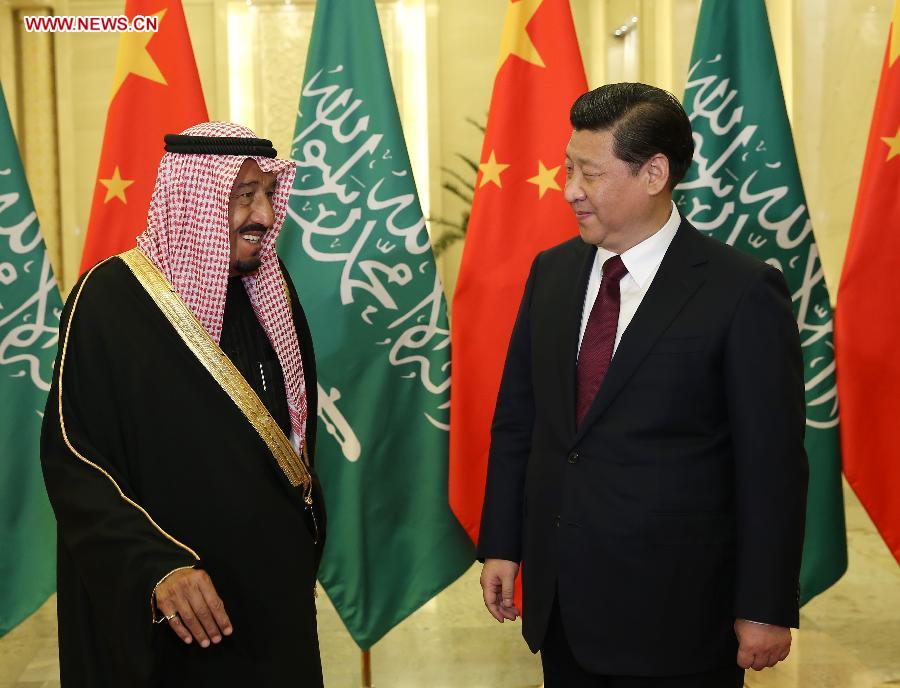
The trip, Xi’s first to the region as president, comes amid mounting tensions over the war in Syria and after protesters ransacked and burned the Saudi Embassy in Tehran over the execution of a prominent Shia cleric.
Pakistani Prime Minister Nawaz Sharif and Army Chief General Raheel Sharif are also going to visit Saudi Arabia and Iran next week to defuse the tension between both countries arised in recent weeks.
PM Nawaz has been scheduled to meet King Salman and other high Saudi officials on Monday. Chief of Army Staff (COAS) General Raheel Sharif and Adviser to PM Sartaj Aziz will accompany him.
The Pakistani leadership will also meet Iran President Hassan Rouhani in Tehran on Tuesday after completing Saudi Arabia visit.
As biggest importer of Middle Eastern oil, China depends on gulf countries for its oil supplies but has long taken a back seat in the region’s diplomatic and other disputes, only recently beginning to expand its role, especially in the Syrian crisis.
China’s economy has grown, its dependence on imported oil and natural gas has increased, making the Middle East a crucial part of Beijing’s strategy as it seeks to expand its influence through Xi’s signature foreign policy initiative, known as “One Belt One Road”.
The massive investment scheme aims to increase China’s footprint from central Asia to Europe through the use of loans to build infrastructure and transport networks.
This week a Chinese diplomat urged “calm and restraint” between Saudi Arabia and Iran, but Xi’s trip was most probably organised before the discord erupted between Riyadh and Tehran, Zhu said.
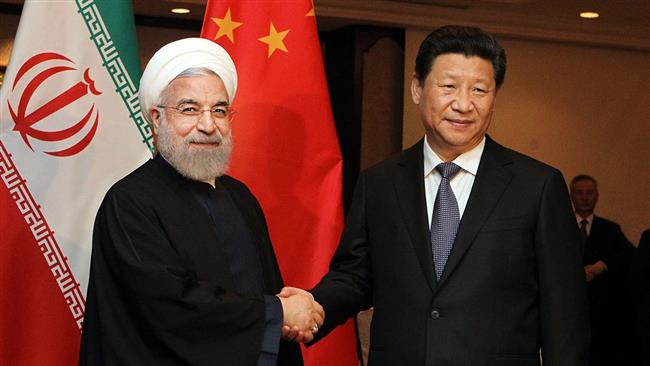
China has consistently urged a “political solution” to the Syrian crisis, despite being seen as having long protected President Bashar al-Assad, and four times vetoed UN Security Council measures aimed at addressing the conflict.
Last year, China helped broker a landmark nuclear deal with Iran, which has begun to emerge following years of international isolation.
Days after the signing of the historic framework agreement, Iran was approved as a founding member of the Beijing-backed Asian Infrastructure Investment Bank, which is expected to provide funding for One Belt One Road.
On Wednesday, China published its first official Arab Policy Paper, claiming a “broad consensus on safeguarding state sovereignty and territorial integrity, defending national dignity, seeking political resolution to hotspot issues, and promoting peace and stability in the Middle East”.

